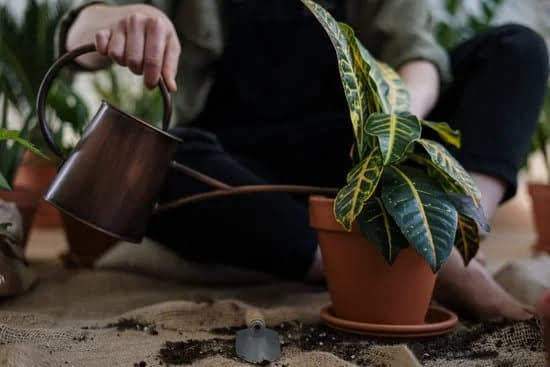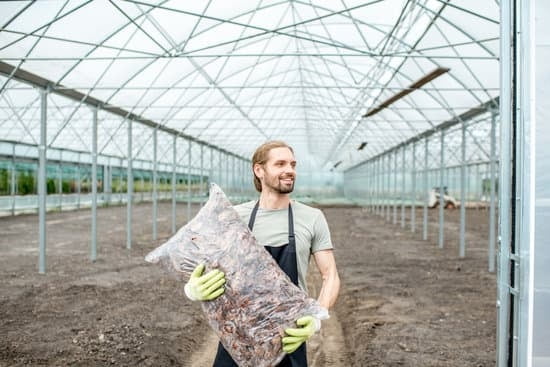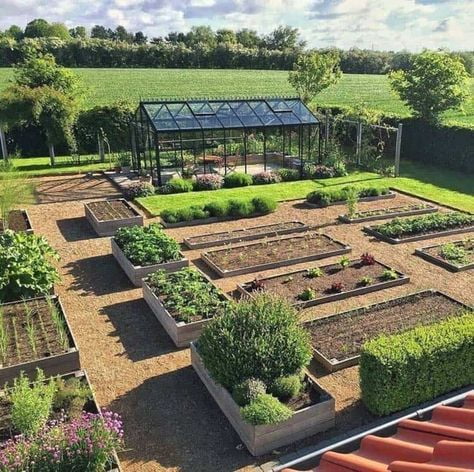Beginner Greenhouse Gardening Tips
Greenhouses provide the perfect environment for gardening enthusiasts of all levels of experience, from beginners to experts. They allow you to extend the growing season, protect your plants from frost, and keep your garden thriving all winter long. If you’re new to greenhouse gardening, here are a few tips to help you get started:
1. Choose the right greenhouse. There are a variety of greenhouse styles to choose from, so take your time and select one that best suits your needs. If you’re a beginning gardener, it might be a good idea to start with a smaller model, like a hobby greenhouse.
2. Select the right plants. Not all plants are suitable for growing in a greenhouse. Be sure to choose plants that thrive in the conditions present in your greenhouse.
3. Prepare your soil. Greenhouses provide a controlled environment, so you’ll need to take steps to prepare your soil before planting. Add organic matter like compost or peat moss to help improve the soil’s texture and drainage.
4. Install a watering system. A good watering system is essential for keeping your plants healthy in a greenhouse. Install a drip irrigation system or use a garden hose with a spray nozzle to water your plants.
5. Use supplemental lighting. Even with a greenhouse, your plants will need supplemental light during the winter months. Install grow lights to provide your plants with the light they need to thrive.
6. Monitor the temperature. The temperature in a greenhouse can vary greatly, so it’s important to monitor the temperature and make adjustments as needed. Use a thermometer to track the temperature and take steps to heat or cool the greenhouse as needed.
7. Ventilate the greenhouse. Ventilation is essential for keeping the air in the greenhouse fresh and preventing the buildup of humidity. Install a ventilation system or use fans to circulate the air.
With these tips in mind, you’re ready to start greenhouse gardening!
Beginner Vegetable Gardening Tips
Starting a vegetable garden can be a fun and rewarding experience, but it can also be a bit daunting if you’re new to gardening. Here are a few tips to help you get started:
1. Choose the right location. Vegetables need at least six hours of sun per day, so make sure you pick a spot that gets plenty of sunlight.
2. Prepare the soil. Vegetables need rich, fertile soil in order to grow well. You can either amend your soil yourself or buy a soil amendment mix from your local garden center.
3. Start small. It’s best to start small when you’re first starting out vegetable gardening. You can always expand your garden later if you want.
4. Choose the right vegetables. Not all vegetables are suitable for beginners. Choose vegetables that are easy to grow, like tomatoes, cucumbers, and zucchini.
5. Get started! Once you’ve chosen the right location and prepared the soil, it’s time to start planting your vegetables. Follow the instructions that came with your vegetable seeds, and be sure to water them regularly.
With a little bit of preparation and some basic gardening knowledge, you’ll be well on your way to starting your own vegetable garden. Enjoy!
Home Gardening Tips For Beginners
1. Do your research.
Before starting a garden, it’s important to do your research and plan accordingly. Decide what type of garden you want to create, what plants you want to grow, and what kind of soil you have.
2. Start small.
It’s best to start small when gardening, especially if you’re a beginner. This will help you get used to the process and learn what works best for you.
3. Choose the right plants.
Not all plants are created equal, and not all plants will do well in every garden. Choose plants that are suited for your climate, soil type, and sunlight exposure.
4. Use the right tools.
Gardening can be a lot of work, but it’s a lot easier with the right tools. Make sure you have a good shovel, trowel, hoe, and rake, as well as a watering can or hose.
5. Take care of your plants.
watering your plants regularly,
To keep your plants healthy and thriving, be sure to fertilize them, weed them, and pest-proof them. It’s also important tothem regularly, especially in the summertime.
6. Enjoy your garden.
Gardening can be a lot of work, but it’s also a lot of fun. Take time to enjoy your garden and relax while you work.
Tips For Beginner Gardeners
Starting a garden can be a daunting task, but with a little bit of information and some helpful tips, you can be on your way to a thriving garden in no time! Here are a few tips to help you get started:
1. Choose the right plants. Not all plants are created equal, and some plants are better suited for beginners than others. Start with plants that are easy to grow and don’t require a lot of maintenance.
2. Prepare the soil. Before you can plant your garden, you need to prepare the soil. Add some organic matter to the soil to help it retain moisture and nutrients.
3. Water regularly. Gardens need water to thrive, so be sure to water your plants regularly.
4. fertilize regularly. Fertilize your plants regularly to help them grow strong and healthy.
5. Mulch. Mulching your garden helps to keep the soil moist and prevents weeds from growing.
6. Keep pests at bay. Some pests can be harmful to plants, so it’s important to take steps to keep them at bay. Use organic pesticides or garden traps to get rid of pests.
7. Enjoy your garden! Gardening can be a lot of fun, so be sure to take the time to enjoy your garden and relax in the fresh air.
Organic Vegetable Gardening Tips For Beginners
Starting an organic vegetable garden can be a fun, rewarding experience, but it can also be a little daunting for beginners. Here are a few tips to help you get started:
1. Choose the right vegetables. Not all vegetables are well-suited for organic gardening. Root vegetables, for example, tend to do better in soil that has been enriched with compost or manure. Leafy vegetables, on the other hand, do well in nutrient-rich soil and don’t need as much added fertilizer.
2. Choose the right location. Make sure to choose a spot that gets plenty of sunlight. If you’re limited on space, try growing vegetables in containers.
3. Prepare the soil. Before planting, amend the soil with compost or manure. This will help to improve the soil’s fertility and drainage.
4. Plant the vegetables. Follow the instructions on the seed packet to determine how deep to plant the seeds. Make sure to water the plants regularly, especially in the early stages of growth.
5. Harvest the vegetables. Once the vegetables are big enough, harvest them by clipping them off at the base. Make sure to leave some of the vegetables in the garden so that they can continue to grow.
By following these simple tips, you can create a beautiful and bountiful organic vegetable garden.

Welcome to my gardening blog! I am passionate about plants and enjoy sharing my knowledge and experiences with others. In this blog, I will write about everything related to gardening, from tips on how to get started to updates on my own garden projects.





